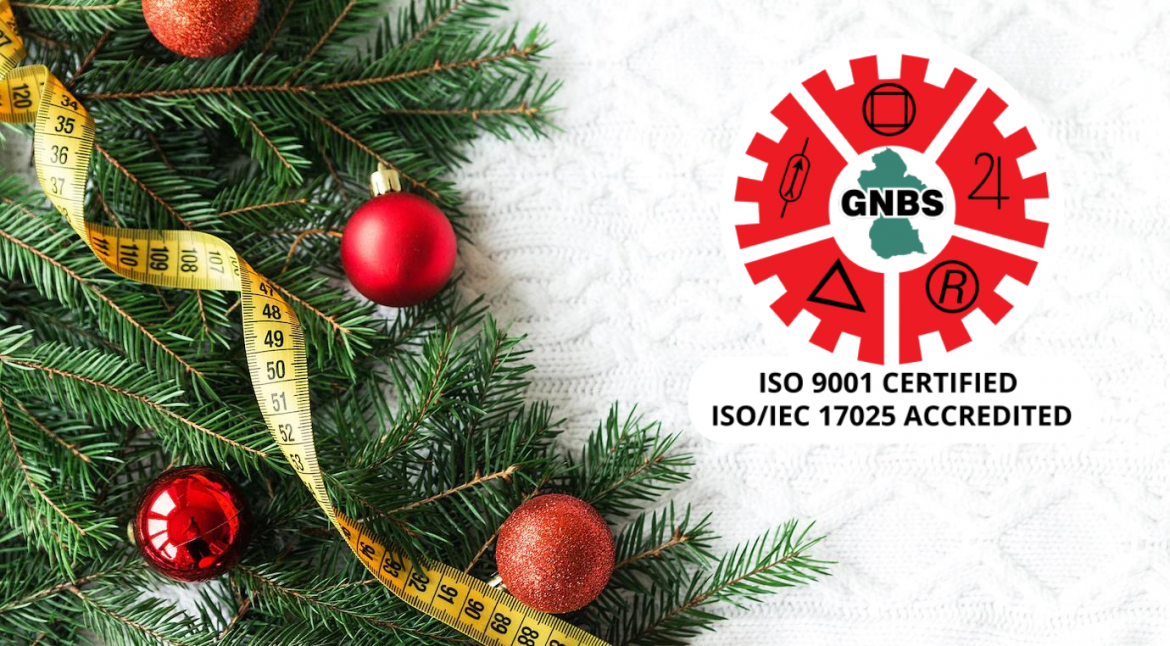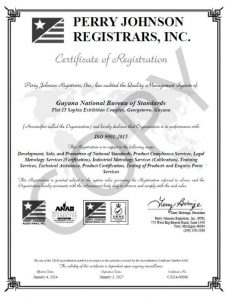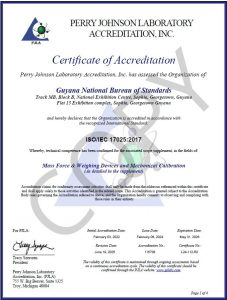During this busy shopping season, it is customary for consumers to engage in the purchase of goods, such as rice, flour, sugar, meats, preserved fruits and cooking oil by Weights and Measures.
Everything we buy is sold by weight, measure or count. The Guyana National Bureau of Standards (GNBS) uses highly accurate equipment and skilled professionals, to inspect scales, meters and packaged products in stores, markets and supermarkets to ensure equity in trade.
While the GNBS has been executing its mandate to ensure all weighing and measuring instruments used in trade are verified (stamped) and in conformance with the Weights and Measures Act, consumers have meaningful roles to play to guarantee that they are not given short weights and measures.
When purchasing goods, be sure the supplier or business establishment is using measuring instruments that are verified, suitable and accurate.
The following are ten of these roles:
- Buy goods from vendors who are using verified scales and other verified measuring instruments. If used properly, approved devices give correct weights or measures.
- Look for GNBS verification seals on devices. The affixed GNBS seals are one way of determining whether the instrument (scale) was verified.
- Make sure the device used to weigh or measure your goods is clean and tidy. Dirty devices often give inaccurate weights and measures and can cause the contamination of goods.
- Make sure that you can see the measuring indicator of scales. Ensure that the scale is positioned in a manner which will allow you to see the weighing process.
- Do not buy from vendors or shopkeepers using the domestic (kitchen) scales. These scales are not approved for commercial trade because their internal mechanisms are quickly worn, hence they give inaccurate weights.
- Do not accept purchase if you have doubts about your weight or measure.
- Buy in metric quantities. Instruments used in the market place are in metric units and by requesting goods in metric quantities you are assured of the quantity of goods issued to you.
- Buy all solids by weight instead of measure. Rice, peas and channa are solid goods and all solids must be weighed, not measured. Request these goods in grammes and kilogrammes.
- Buy prepackaged goods that are labeled with the quantity (net contents). For example: 450 g, 1 kg, 3 litres, etc.
- Call the GNBS hotline or visit the Weights and Measures office in your Region and make your complaints if the need arises.
Notably, nearly all measurable goods must have quantities stated in metric amounts such as kilograms, liters or meters. Equivalent ‘imperial’ quantities such as pounds, ounces, pints and yards may be given in addition to the required metric indicators.
For further information, please contact the GNBS on telephone numbers: 219-0069, 219-0065, 219-0062 or visit the GNBS website: www.gnbsgy.org.






